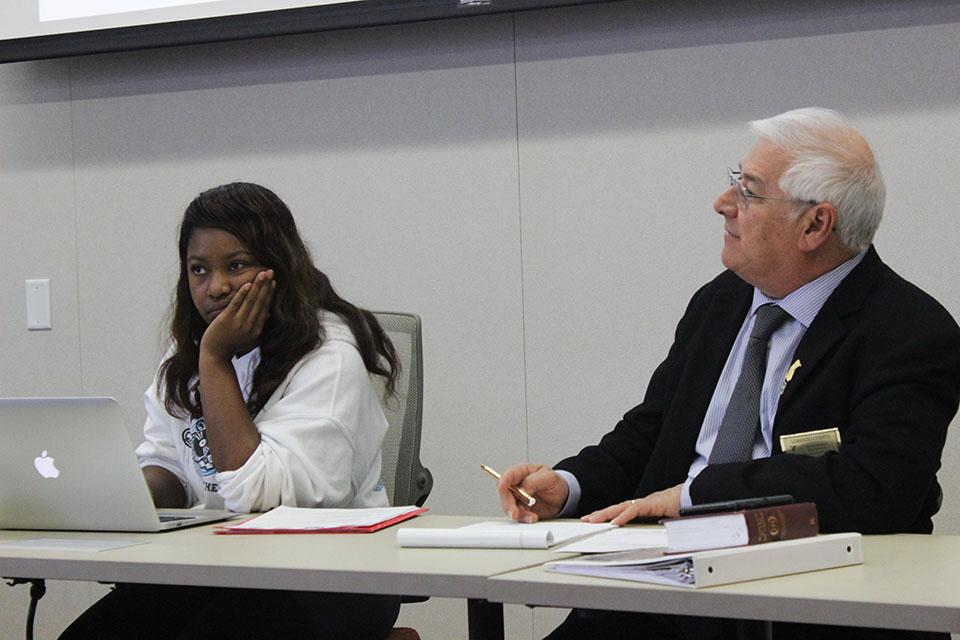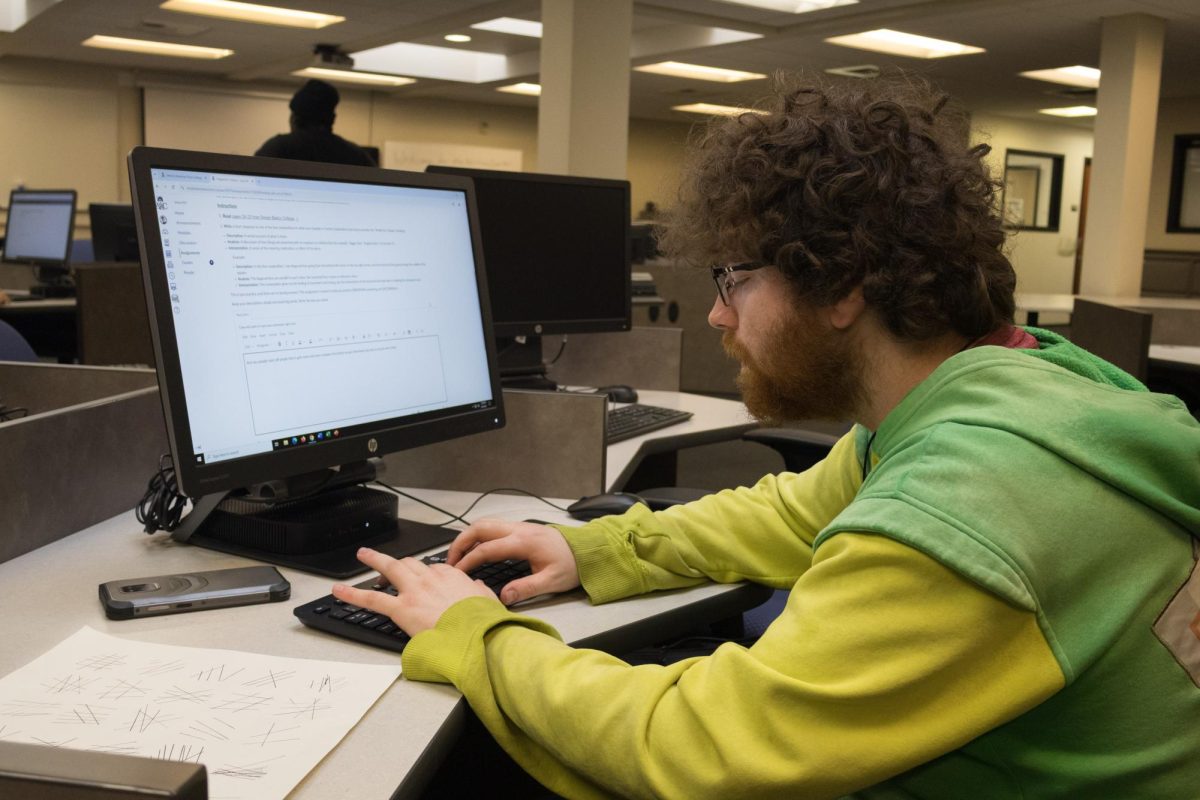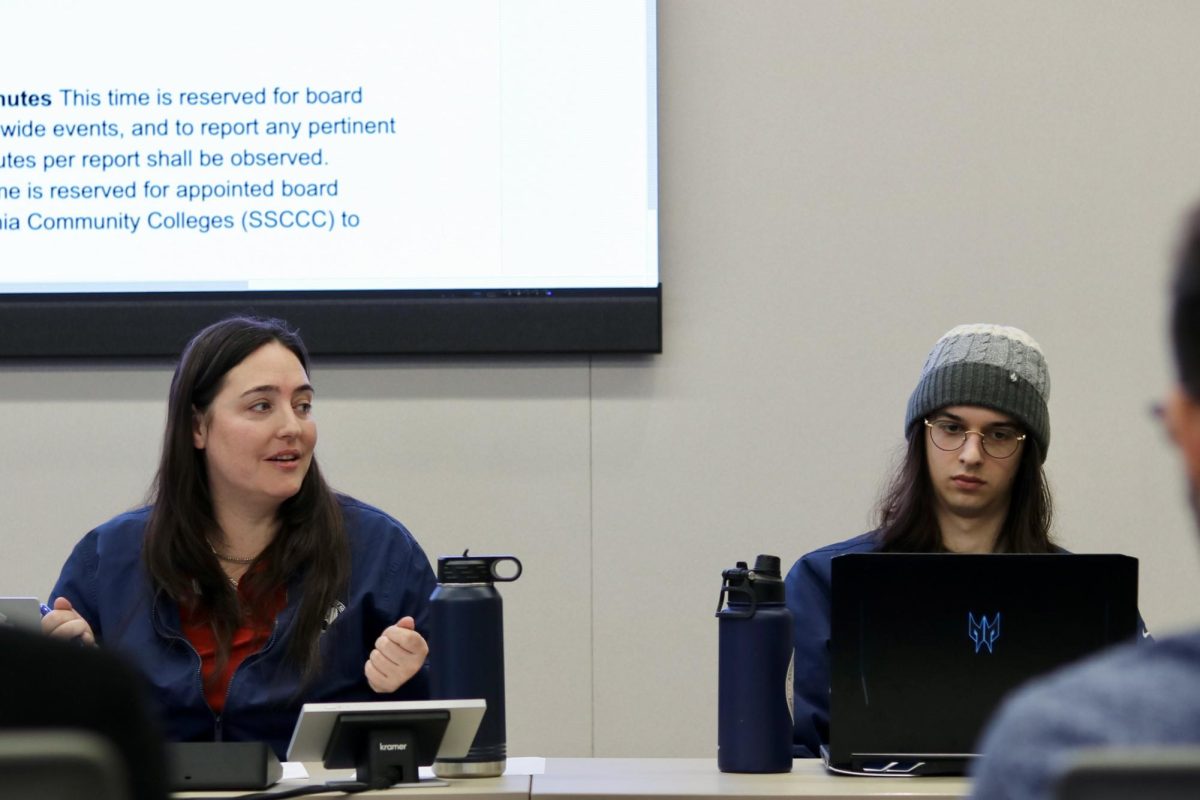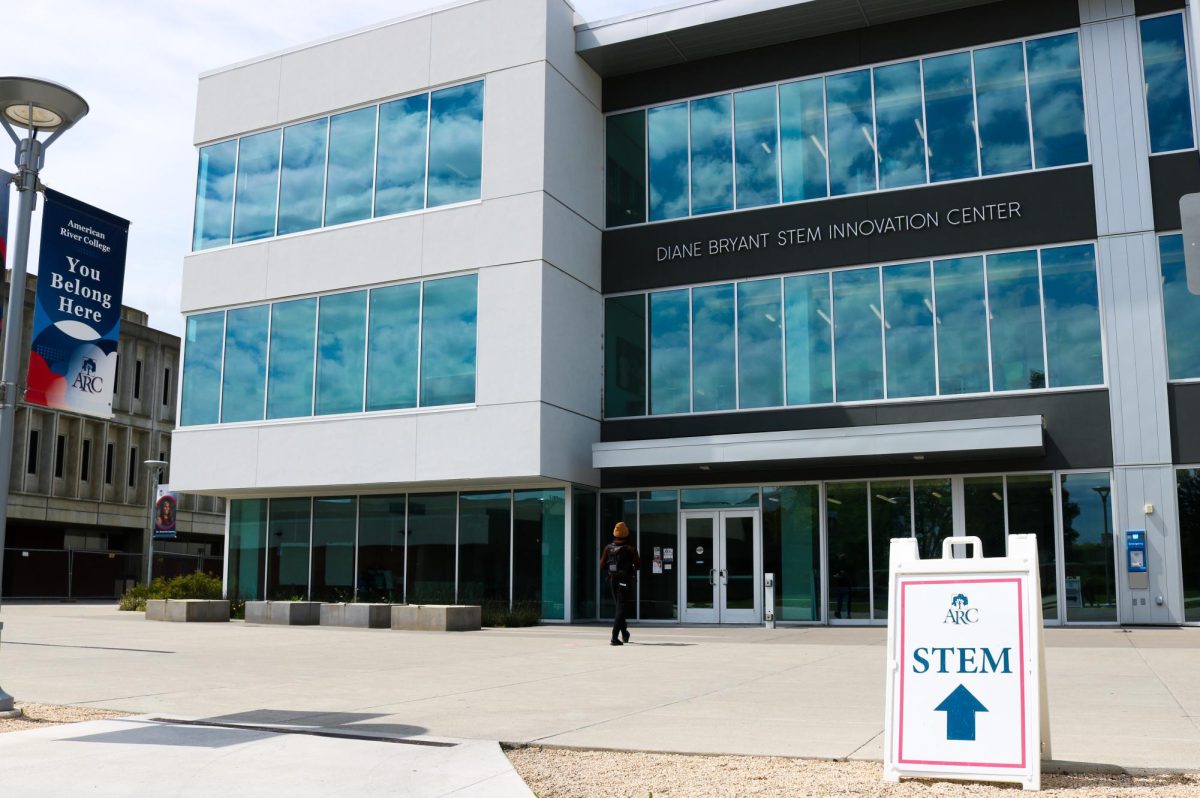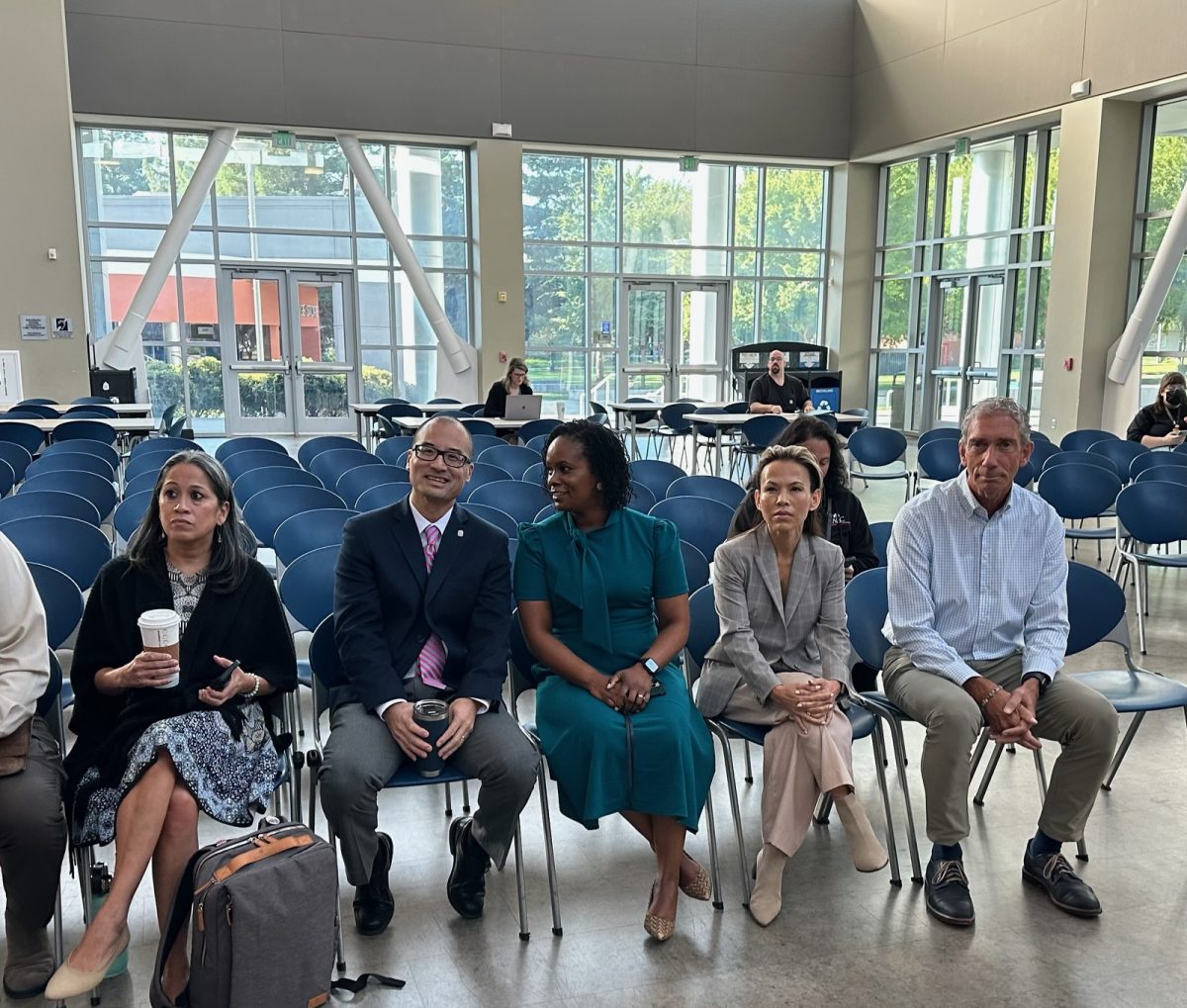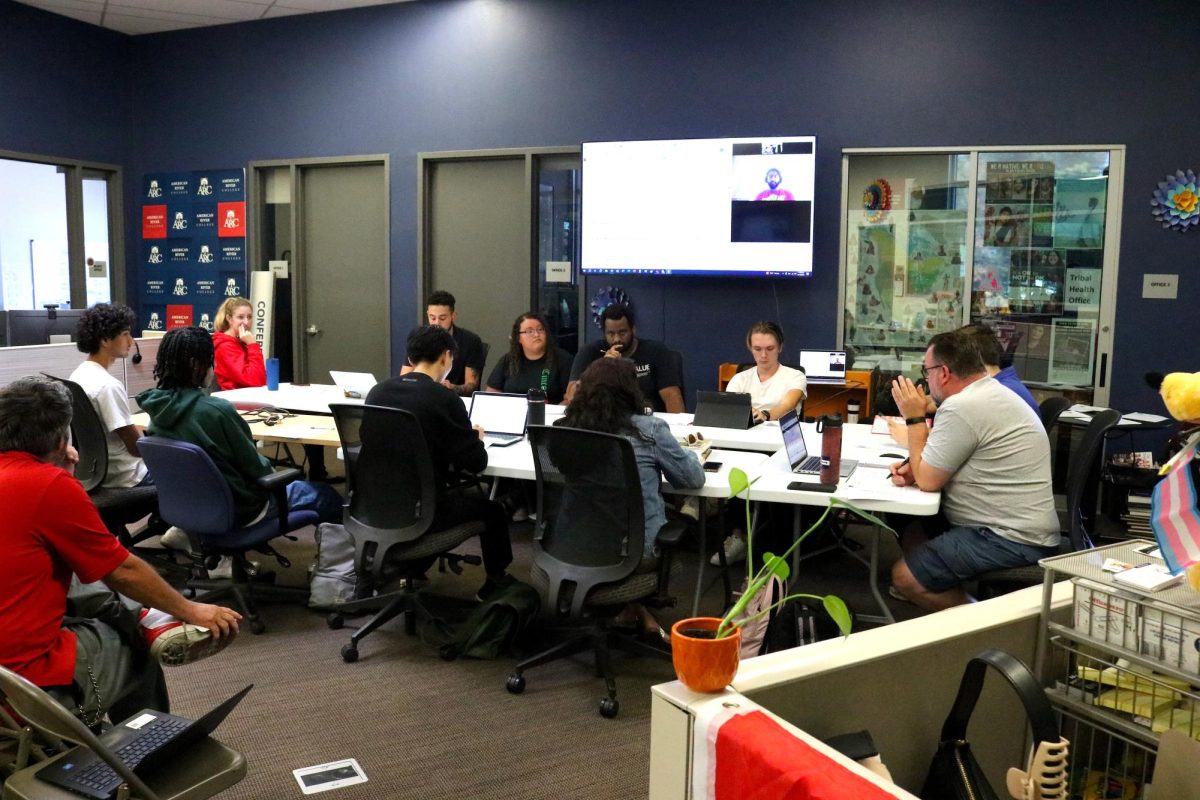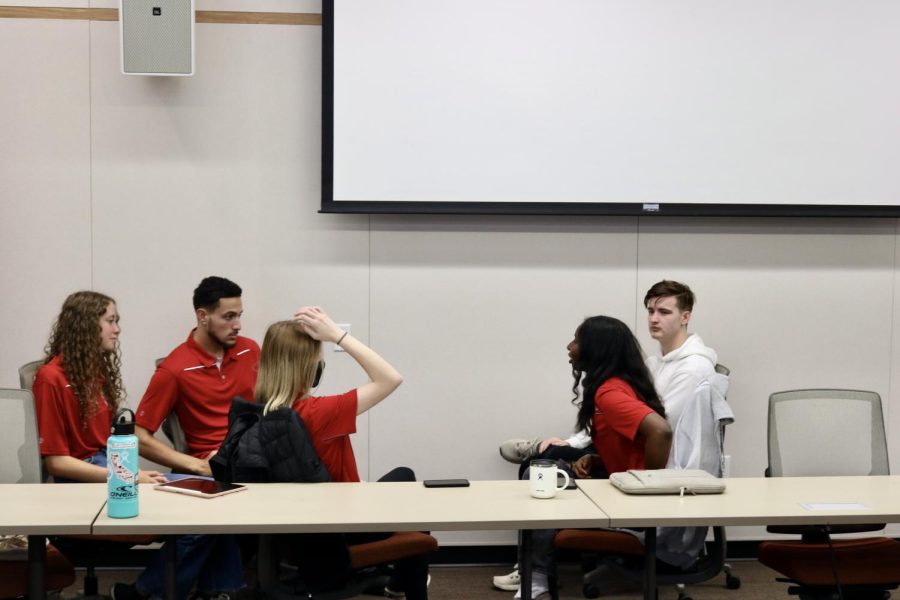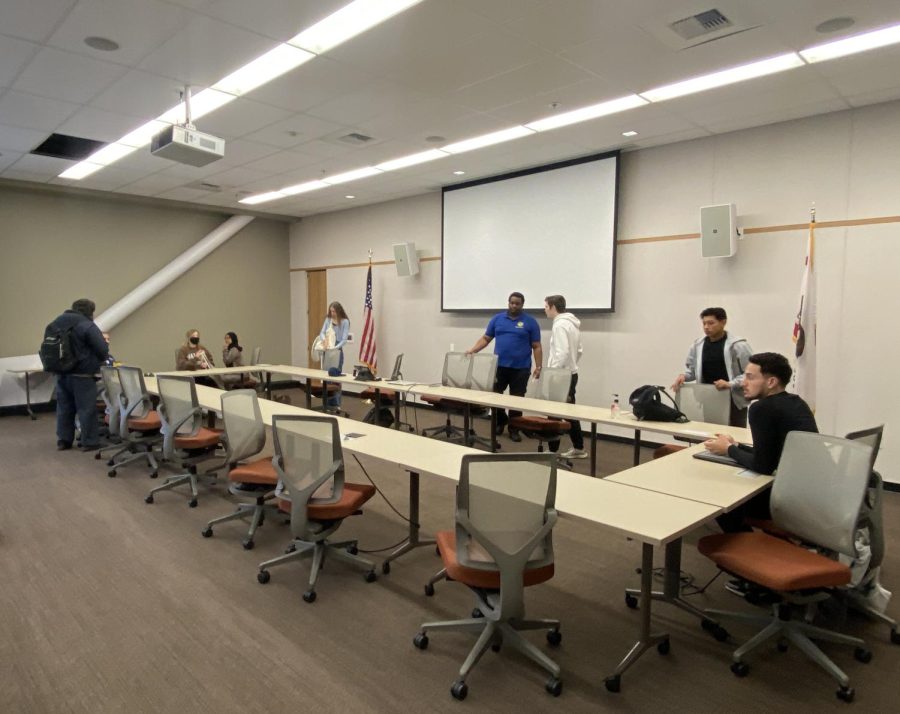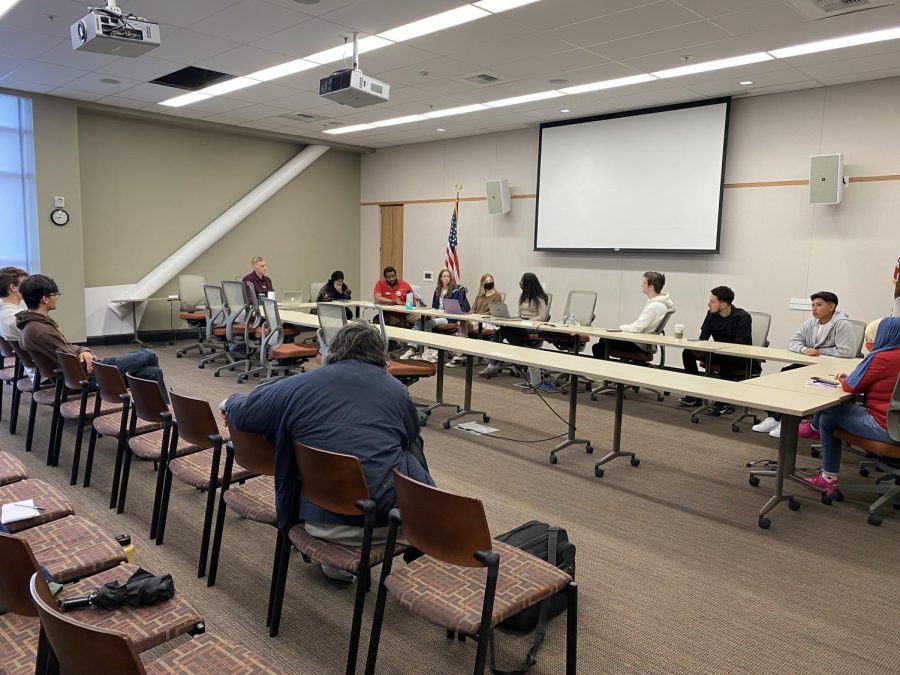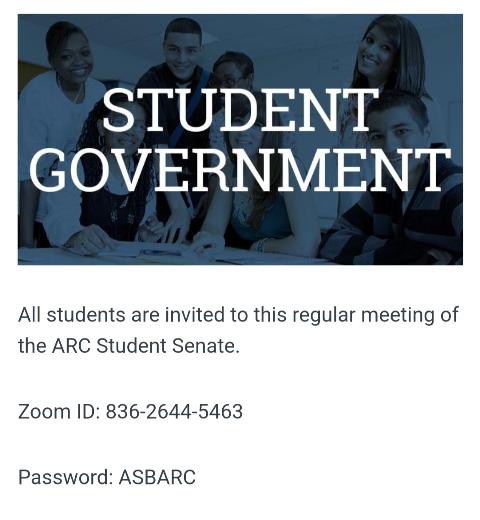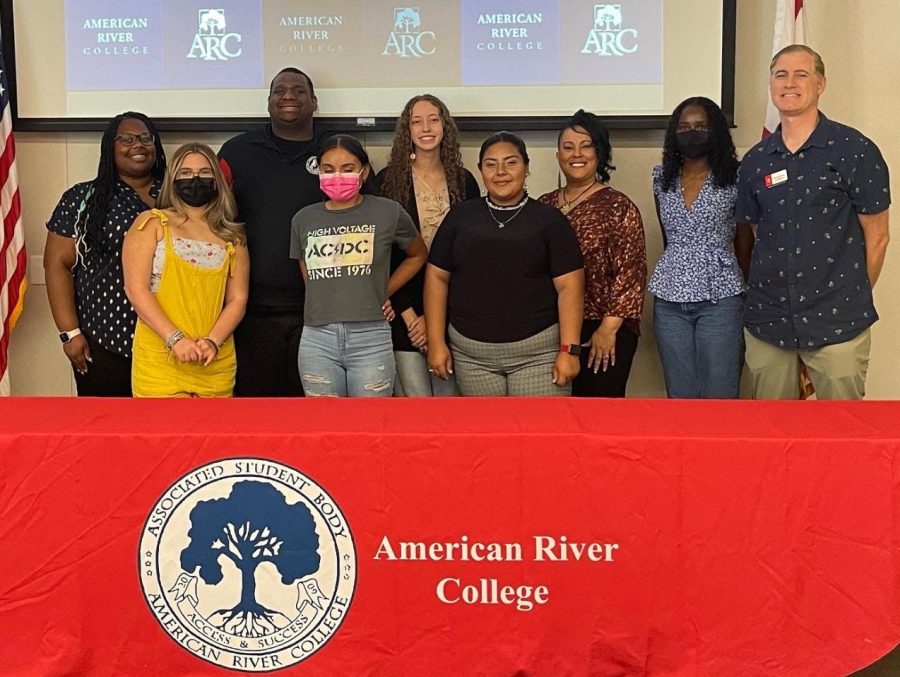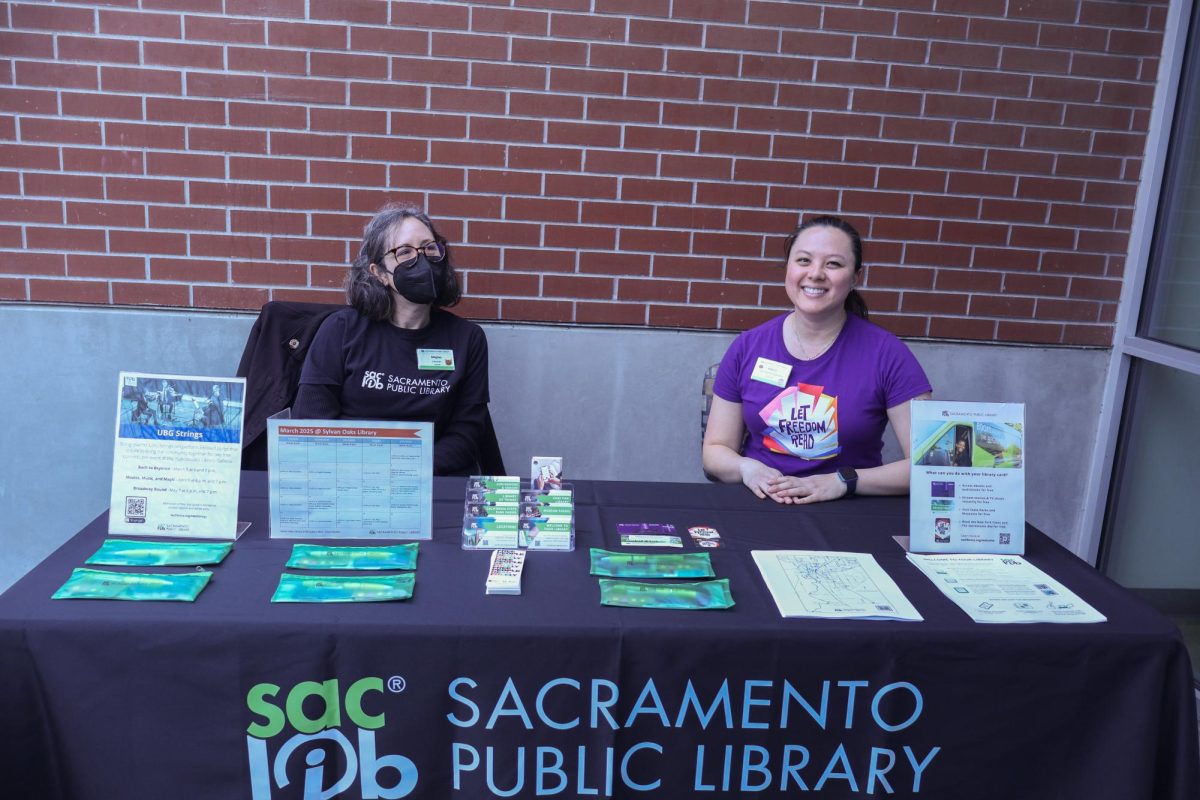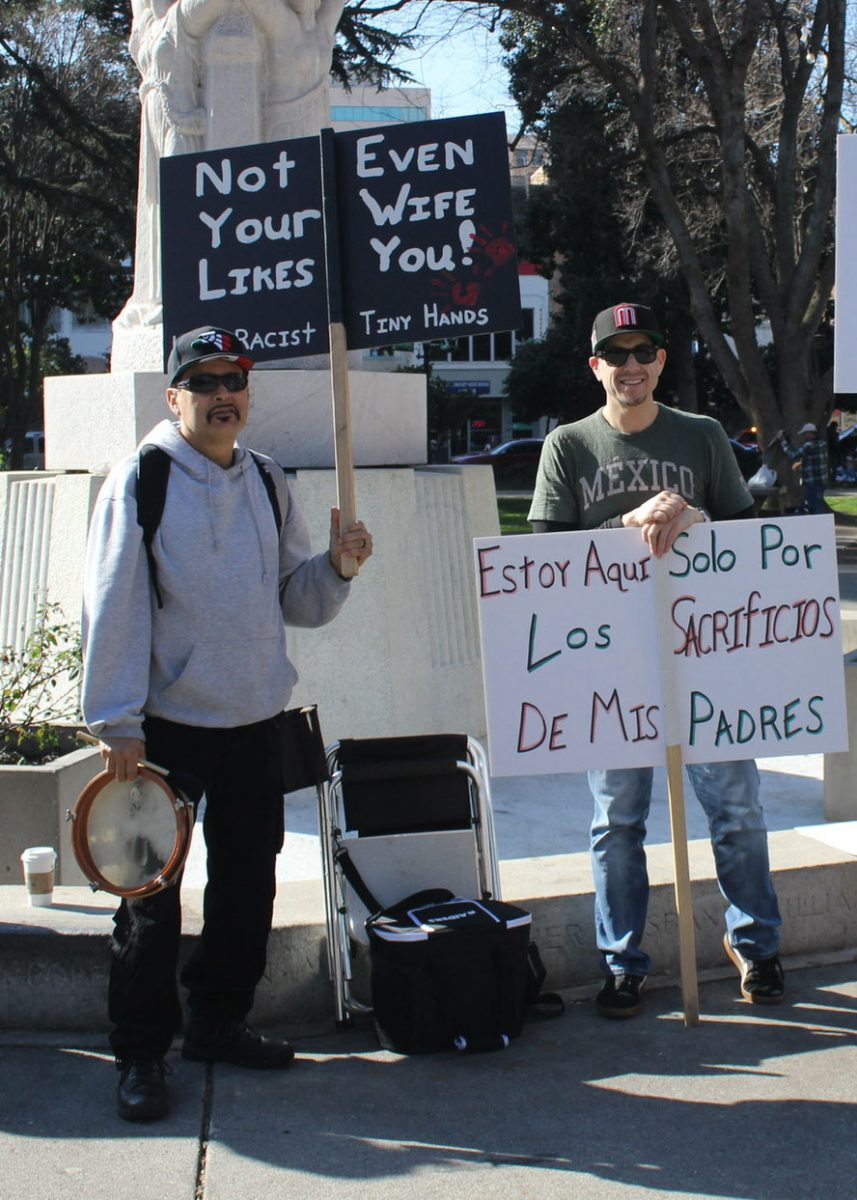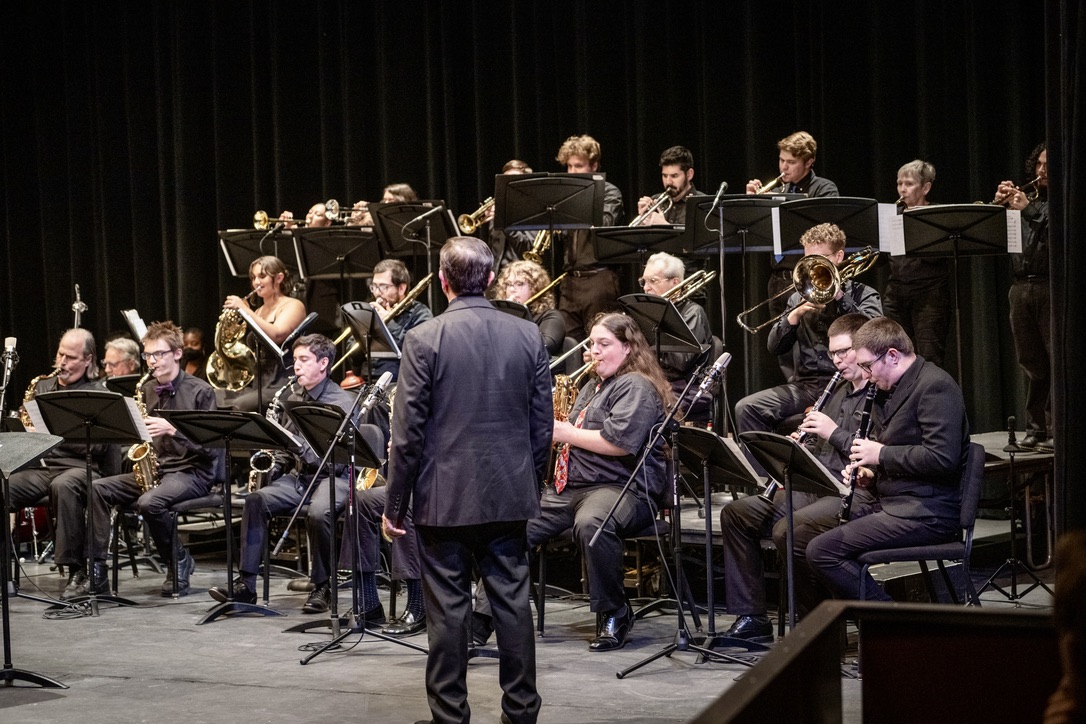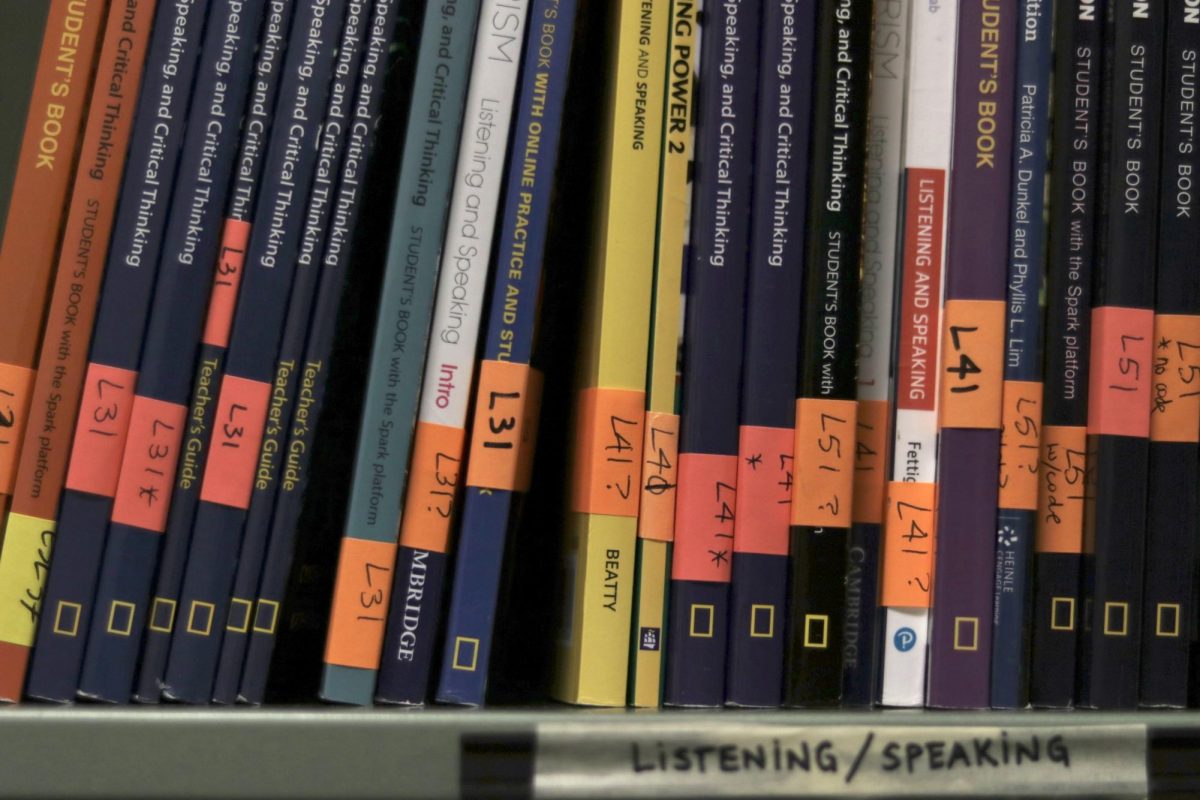Student Senate President Valencia Scott introduced their newest senator, Silencio Ratkowski, on Thursday after an emotional chair message about the significance of the election results and her empathy and support for the students she represents.
Ratkowski is a math major and said that he is excited to be a part of ASB.
“I’ve heard a lot about some changes that are going to be made soon and I’d really like to be a part of those changes,” Ratkowski said.
Without any objection, Ratkowski was appointed to the applause of his fellow board members and joined them at their table.
For most of the remainder of Thursday’s meeting, the board read and discussed General Assembly resolutions for taking representative voting action at the Student Senate for California Community Colleges General Assembly at McClellan Park in Sacramento over the weekend.
Senators unanimously supported instructing their delegate at the General Assembly to vote in favor of the Rail Fare College Student Discount resolution to implement public transit discount cards for college students.
Also related to student transportation, the board supported the Amtrak for Students resolution which would increase the current Amtrak California student discount from 15 percent to 20 percent and dissolve the current age limit of 18 to 25.
Another resolution that was supported without objection is the Campus Center Use Fee Waiver for online students which would impose a waiver on any Campus Center Use Fee for students fully enrolled in online course, as they do not physically go on campus and use student body centers.
There were three objections to the Increased Access to Resources on Campus resolution from Vice President Alejandra Hilbert, CAEB President Justin Nicholson and Senator Lloyd Guzman.
Hilbert took issue with the portion of the resolution that would, based on good academic standing, allow students who may be homeless or in financial crisis to wash their clothes on campus.
Hilbert believes there is a correlation between homelessness, lack of access to clean clothes and academic standing and that the language disallowing students from using campus facilities to wash clothes based on academic standing should be removed.
“I don’t want to make assumptions but … [I believe] there’s a high correlation between homelessness, inability to wash clothes and academic standing of the student,” Hilbert said.
“If a student doesn’t have access to clothing or have access to a home they may not feel inclined to come to campus, they may not feel inclined to do well in classes, therefore they wouldn’t have good academic standing,” Hilbert said.
“I feel that saying ‘good standing’ also is a little bit … I don’t necessarily want to say classist but it can be skewed. I feel that I would like a little bit more of a specific requirement but, then again, ‘good standing’ of course is not going to correlate very well with the specific group that may need this service,” Nicholson said.
Senator Guzman agreed with Nicholson’s point about the term “good standing.”
“Like you said, there’s no specific ‘academic good standing’ point in it. I need to know what it is first,” Guzman stated.
The board decided that with no objections they would support instructing their General Assembly delegate to vote in favor of the resolution pending the striking of the paragraph about academic standing.


